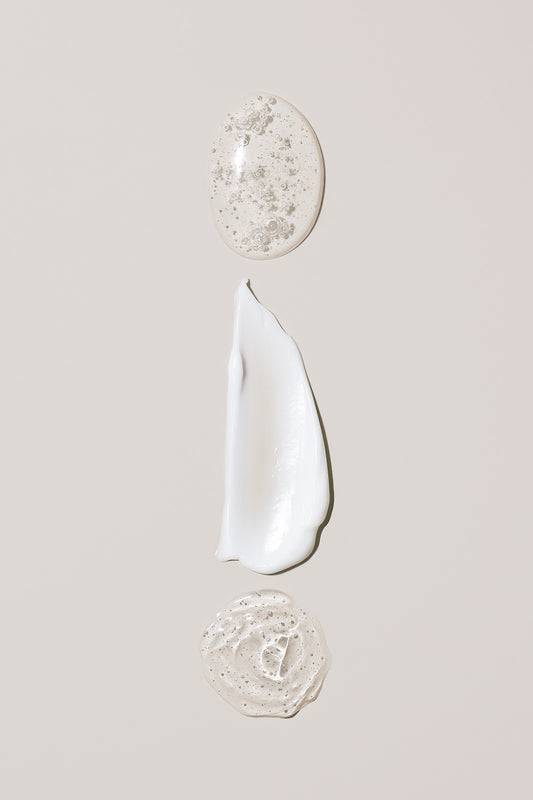Menopause doesn’t just bring physical changes - it can also affect how well you sleep. Insomnia, night sweats, and restless nights are common complaints during perimenopause and menopause. Sleep disruptions can leave you feeling drained, irritable, and unable to fully enjoy your day.
But understanding what’s behind these changes and how to manage them can help you reclaim the restful nights you deserve.
Why Sleep Problems Are Common During Menopause
Sleep issues during perimenopause and menopause are often linked to hormonal fluctuations, particularly the decline of estrogen and progesterone. These hormones play crucial roles in regulating your body’s sleep-wake cycles and managing stress. When their levels drop, it can lead to:
- Night sweats: Sudden waves of heat that wake you up drenched in sweat.
- Insomnia: Difficulty falling or staying asleep.
- Restless sleep: Waking up feeling unrefreshed.
- Mood changes: Anxiety and depression, which can further disrupt sleep.
Common Triggers for Menopause-Related Sleep Problems
Certain factors can make sleep problems more pronounced, including:
- Hot flashes and night sweats: Physical discomfort that makes it hard to stay asleep.
- Stress and anxiety: Emotional stress can keep your mind racing at night.
- Changes in melatonin production: Your body’s natural sleep hormone decreases with age.
- Lifestyle factors: Caffeine, alcohol, and late-night screen time can disrupt sleep.
Tips for Improving Sleep During Menopause
The good news? There are many ways to manage sleep problems and promote better rest during this life stage:
-
Create a Sleep-Friendly Environment
- Keep your bedroom cool, dark, and quiet.
- Use breathable bedding to stay comfortable.
- Invest in a fan or air purifier for added comfort.
-
Establish a Relaxing Bedtime Routine
- Wind down with calming activities like reading or gentle yoga.
- Avoid screens and bright lights an hour before bed.
- Try deep breathing or meditation to calm your mind.
-
Adjust Your Diet
- Limit caffeine and alcohol, especially in the evening.
- Eat light, balanced meals to prevent digestive discomfort at night.
-
Consider Natural Sleep Aids
- Herbal teas like chamomile or valerian root can promote relaxation.
- Melatonin supplements may help regulate your sleep cycle, but consult your doctor first.
-
Seek Support for Hormonal Symptoms
- If night sweats or hot flashes are a major issue, talk to your doctor about hormone replacement therapy (HRT) or other treatment options.
-
Take Care of Your Body and Mind
- Regular exercise during the day can improve sleep quality.
- Practice stress management techniques to keep your mind calm.


















